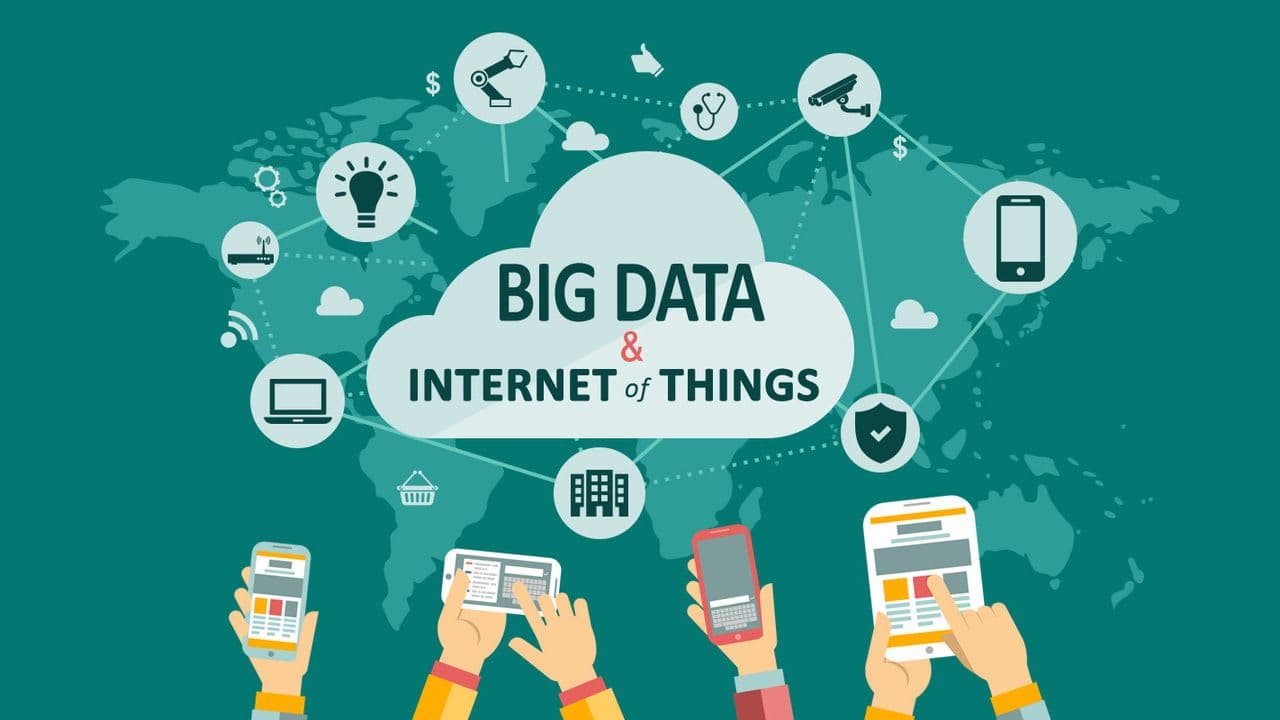How is IoT Related to Big Data Analytics?
Leon Wieseltier and Steven Pinker Debate the Quantified Society
[youtube=http://www.youtube.com/watch?v=GevfKLmmMr0&w=560&h=315]
“We are becoming a massified, datafied, quantified society, which looks for wisdom in numbers and thinks that numbers can provide certainty… owing to the explosion of so-called big data there has developed excessive confidence in the ability of the quantified disciplines to explain human life”–Leon Wieseltier
“This is an extraordinary time for the understanding of the human condition. Intellectual problems from antiquity are being illuminated by insights from the sciences of mind, brain, genes, and evolution. Powerful tools have been developed to explore them, from genetically engineered neurons that can be controlled with pinpoints of light to the mining of ‘big data’ as a means of understanding how ideas propagate… With the advent of data science—the analysis of large, open-access data sets of numbers or text—signals can be extracted from the noise and debates in history and political science resolved more objectively…
A consilience with science offers the humanities countless possibilities for innovation in understanding. Art, culture, and society are products of human brains. They originate in our faculties of perception, thought, and emotion, and they cumulate and spread through the epidemiological dynamics by which one person affects others. Shouldn’t we be curious to understand these connections? Both sides would win… In some disciplines, this consilience is a fait accompli. Archeology has grown from a branch of art history to a high-tech science. Linguistics and the philosophy of mind shade into cognitive science and neuroscience. Similar opportunities are there for the exploring. The visual arts could avail themselves of the explosion of knowledge in vision science, including the perception of color, shape, texture, and lighting, and the evolutionary aesthetics of faces and landscapes. Music scholars have much to discuss with the scientists who study the perception of speech and the brain’s analysis of the auditory world…
…as with politics, the advent of data science applied to books, periodicals, correspondence, and musical scores holds the promise for an expansive new ‘digital humanities.’ The possibilities for theory and discovery are limited only by the imagination and include the origin and spread of ideas, networks of intellectual and artistic influence, the persistence of historical memory, the waxing and waning of themes in literature, and patterns of unofficial censorship and taboo…
…the critics should be careful with the adjectives. If anything is naive and simplistic, it is the conviction that the legacy silos of academia should be fortified and that we should be forever content with current ways of making sense of the world. Surely our conceptions of politics, culture, and morality have much to learn from our best understanding of the physical universe and of our makeup as a species”–Steven Pinker
